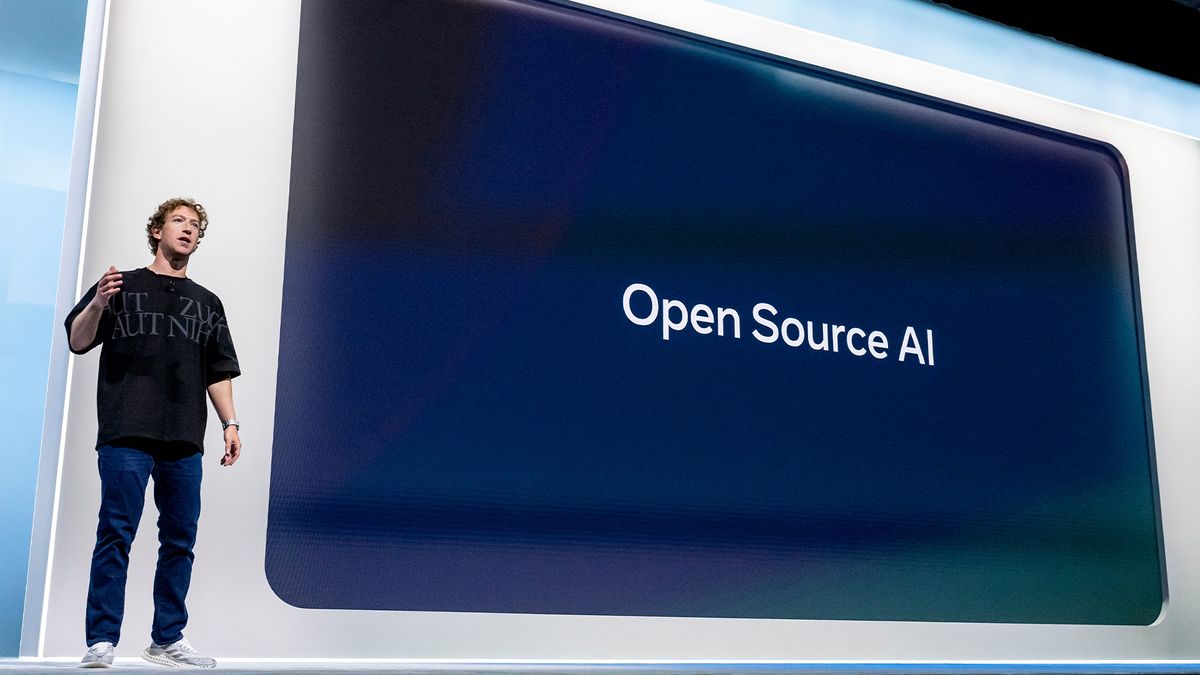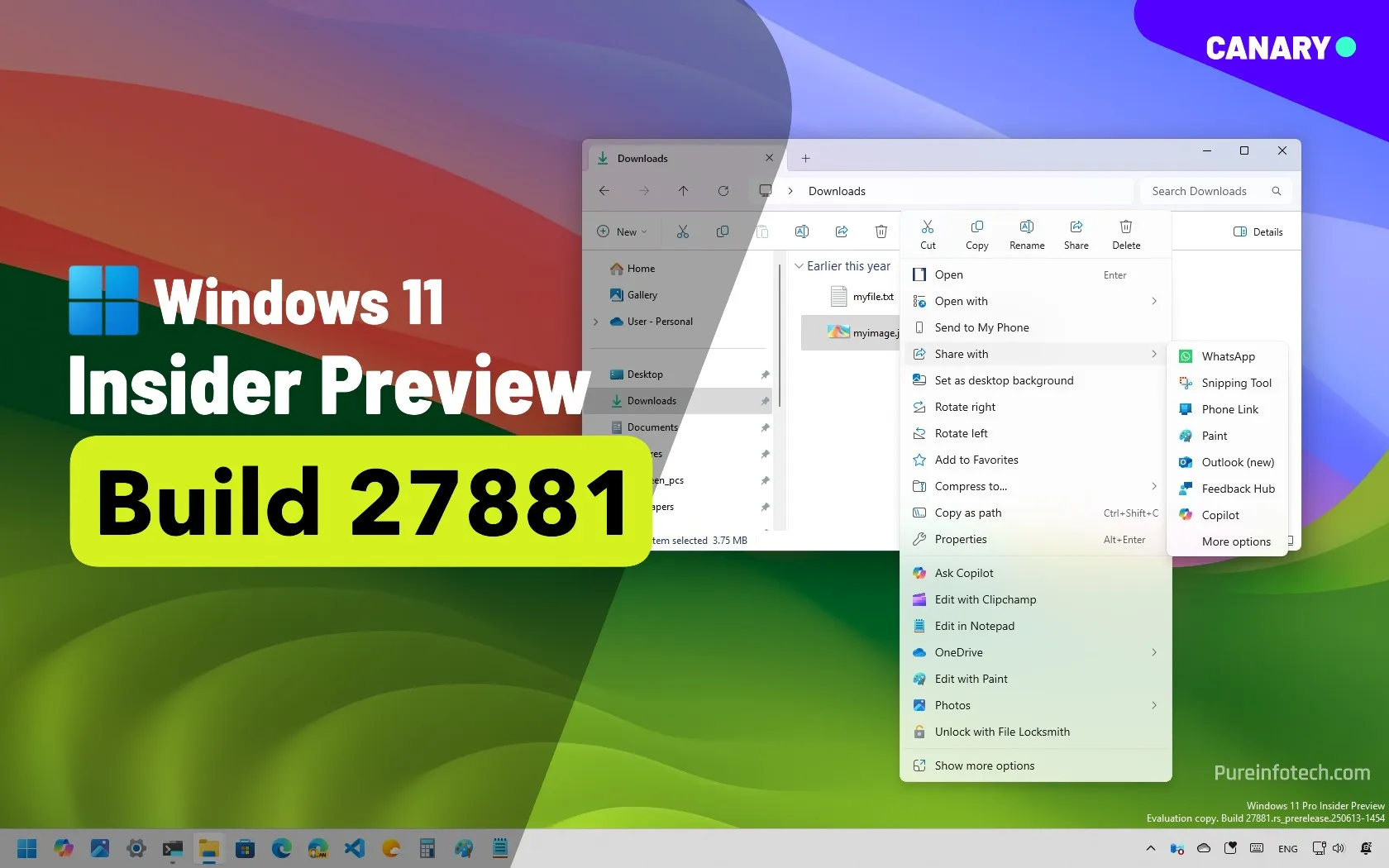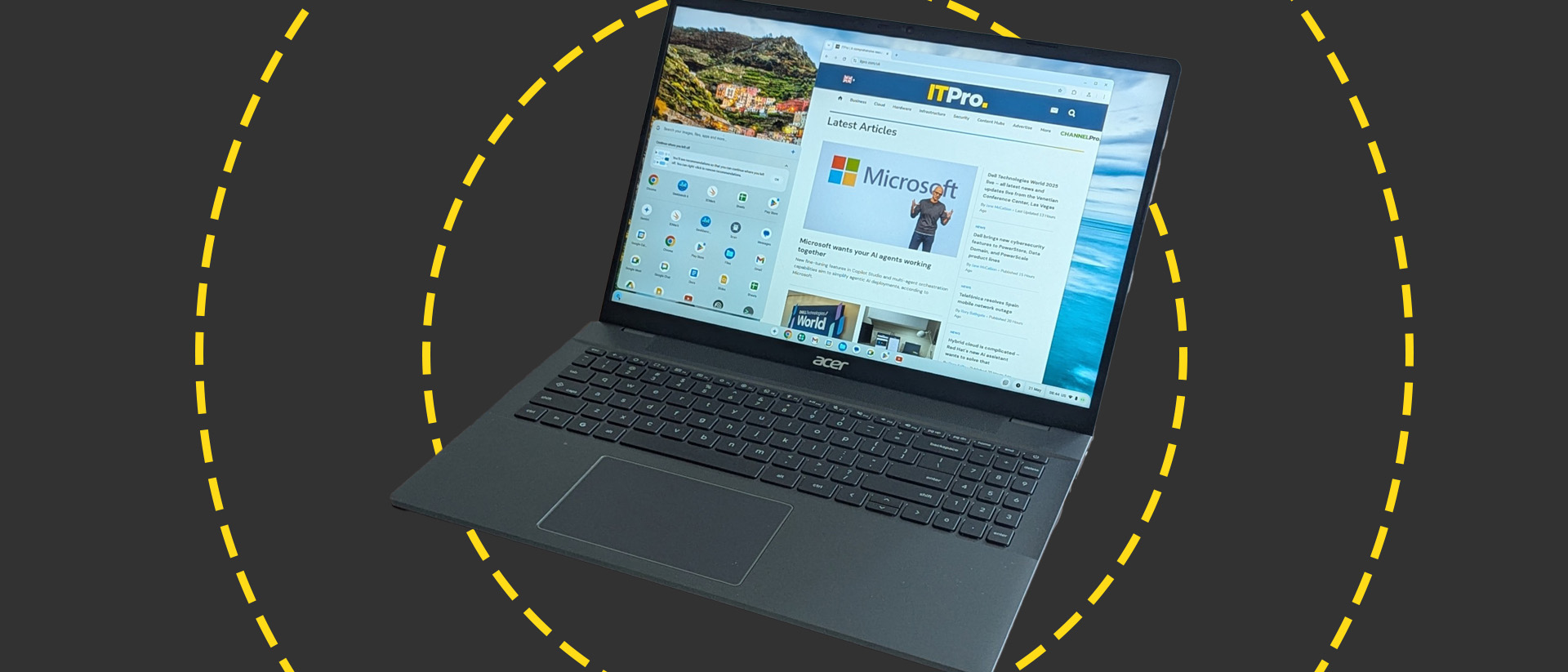Forget the metaverse, AI is the money-spinner at Meta: Reality Labs lost $4.4 billion this quarter, but Mark Zuckerberg’s sharpened AI focus is delivering results – and there’s more to come with Llama 4 on the horizon

Meta posted strong financial results for the third quarter, indicating AI continues to be the company’s north star and driving significant revenue growth.
The social media giant reported it generated $40.6 billion in sales, marking 19% year-on-year growth and outpaced analyst expectations that projected the company would only muster $40.19 billion in the quarter.
Meta saw growth in user engagement, with 3.29 billion people using logging in to one of its platforms per day, up 5% year on year but down on the anticipated 3.31 billion.
Generative AI continues to be a core area of focus for Meta and looks set for further investment in 2025 as the company raised its capital expenditure guidance for the fiscal year from $37 – $40 billion to $38 – $40 billion, which could grow to $50 billion in 2025.
Meta said its AI-powered feed and video recommendations had led to an 8% increase in time spent on Facebook, and a similar 6% increase on Instagram.
In its earnings call, Mark Zuckerberg declared Meta AI, Meta’s generative AI assistant built into Facebook and Instagram, was on course to become the most used AI assistant in the world with over 500 million monthly active users.
Zuckerberg said the company’s strong performance was fuelled by the traction it was seeing with its AI products.
“We had a good quarter driven by AI progress across our apps and business… We also have strong momentum with Meta AI, Llama adoption, and AI-powered glasses.”
Mike Proulx, VP research director at Forrester, said the results broadly matched expectations, showing AI remains a key revenue driver for the tech giant.
“As expected, Meta had a good quarter following its renewed momentum at the start of this year. AI continues to be the company’s center of gravity, and for good reason: it’s improving the user experience of Meta’s apps and, as a result, increasing time spent,” he explained.
“All of this bodes well for advertisers looking to address an engaged audience, including on Facebook which seems to be getting a second life thanks to young adults.”
Meta also announced that CodeGPT, its AI coding assistant released in March 2023, has been downloaded over 1.4 million times.
CodeGPT is now “one of the top players in the AI space”, according to Meta, citing the Llama models underpinnings key to its success.
Zuckerberg described the Llama 3 models as “something of an inflection point in the industry”, adding that Meta was currently working with the public sector to adopt Llama models across the US government.
But Zuckerberg said he was more excited about Llama 4, which is currently under development.
He teased that the Llama 4 models are being trained on a GPU cluster consisting of more than 100,000 Nvidia H100s, which he claimed was bigger than anything Meta’s competitors were doing publicly.
“I expect that the smaller Llama 4 models will be ready first, and they’ll be ready, we expect, sometime early next year,” he said.
But while the company’ sharpened focus on AI continues, its metaverse-related activities have taken a backseat.
Proulx noted that Reality Labs, the research unit of Meta which houses the Metaverse, a project Zuckerberg was particularly bullish on, sustained significant losses, totalling $4.4 billion over the third quarter.
“It’s notable that Mark Zuckerberg didn’t say ‘the M word’ (metaverse) in his opening statement. With Reality labs continuing to amass losses, focusing on that segment to balance long-term investments with short-term wins is critical.”
Susan Li, CFO at Meta, warned that Reality Labs’ operating losses were expected to “increase meaningfully year over year”, and it is now clear that Zuckerberg is intent on repositioning Meta as an AI company, brushing its metaverse ambitions under the rug for now.
Weeks ahead of Meta’s quarterly results, on 16 October, the company announced further layoffs from Reality Labs, as well as WhatsApp and Instagram, which followed earlier cuts from Reality Labs in June.
Source link










